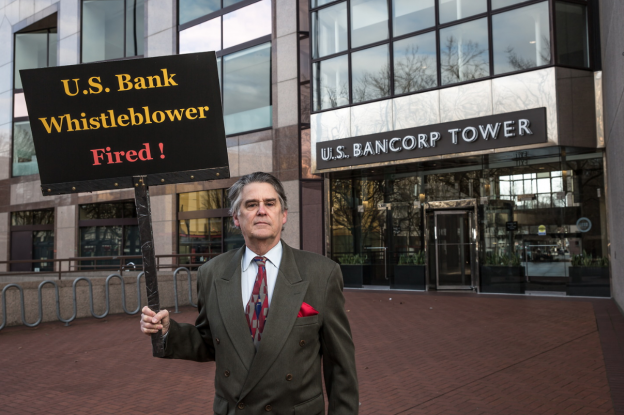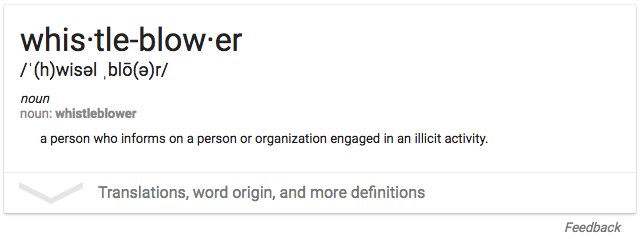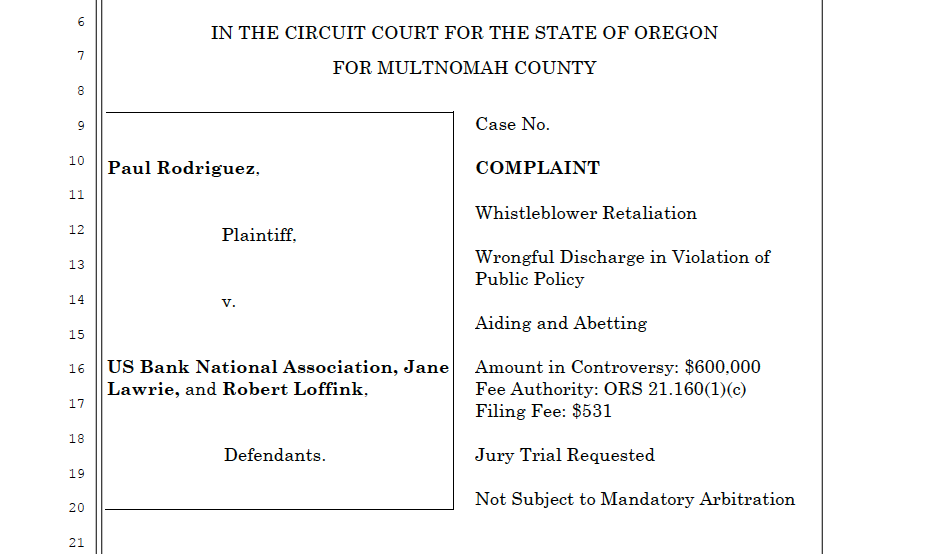Each week I field calls from people that have purchased a defective vehicle. The caller typically informs me they recently purchased a “lemon” and the vehicle suffers from various mechanical issues. At that point it is important to ask a few basic questions to determine if this is truly a lemon law case. If it is truly a lemon law case then you must determine if it is ripe for litigation.
Oregon’s Lemon law is comprised of a group of statutes starting at ORS 646A.400 and continuing through ORS 646A.418. The law basically states that if a new motor vehicle does not conform to the manufacturer’s express warranty, and the consumer alerts the manufacturer or the authorized dealer of the nonconformity, then the consumer may be entitled to a replacement or a refund, and damages. However, before a consumer is able to obtain damages they must comply with the nuanced legal requirements.
First, the motor vehicle must qualify to be protected by the lemon law. The motor vehicle may be no more than two years old or have less than 24,000 miles on it, whichever period ends first. Most consumers cannot meet this first element because the vast majority of the “material defect” used car cases involve vehicles over 2 years old. The Lemon Law also does not apply to travel trailers because they are not motor vehicles. In other words the lemon law only applies to self-propelled vehicles or those designed for self-propulsion.
The second big issue the consumer typically faces is that they must report each “nonconformity” to the manufacturer, or the authorized dealer, for the purpose of repair or correction during the two-year period following the date of delivery or before the vehicle’s mileage reaches 24,000, whichever comes first. The law provides consumers presumptions that the motor vehicle is a lemon if there were a reasonable number of attempts to do such reporting under the vehicle’s express warranties, and the manufacturer receives advance notice of the defects before attempting the repairs. The law presumes a reasonable number of attempts have been made if the vehicle has either been in the shop 3 or more times, and the defect continues, or the vehicle is out of service by repair for a cumulative total of 30 or more calendar days. There is also another presumption the vehicle is a lemon if there is one attempted repair of a nonconformity likely to cause death or serious injury but the defect continues. However, those presumptions won’t apply if the manufacturer did not receive notice of the nonconformity.
The vehicle manufacturer must receive “direct written notification” from the consumer, and must be provided the opportunity to correct the alleged defect. Notification can be a request for an “informal dispute settlement procedure.” This means that the consumer must put the manufacturer or the authorized dealer on notice the vehicle is defective and provide an opportunity to cure the alleged defect. It also means that if the manufacturer has established an informal dispute settlement procedure and notifies the consumer of the procedures, then the consumer must resort to the informal resolution procedure (arbitration) prior to filing a lawsuit. The informal resolution procedure is not binding on the consumer but may be binding on the manufacturer.
If the consumer can satisfy the legal requirements, then their case may be ripe and they may feast on the Lemon Law remedies. The remedies may include rescission, replacement of the vehicle, or triple damages (capped at $50,000.00 above the amount owed to the consumer). The court may also award discretionary attorney fees and costs. The Lemon law can be a powerful tool. Unfortunately, it can also be a sour pill to swallow if the consumer learns they failed to comply with the notice requirements or their vehicle is too old to qualify as a lemon.
Jeremiah Ross is an attorney in Portland Oregon. Please remember this blog is a summary of the law. Please refer to the actual law or a lawyer for an evaluation of your case. Do not rely on this post for legal advice. The law is constantly changing and this post may be outdated. Please do not cite this post in any governmental proceeding, arbitration, hearing, or negotiations.





